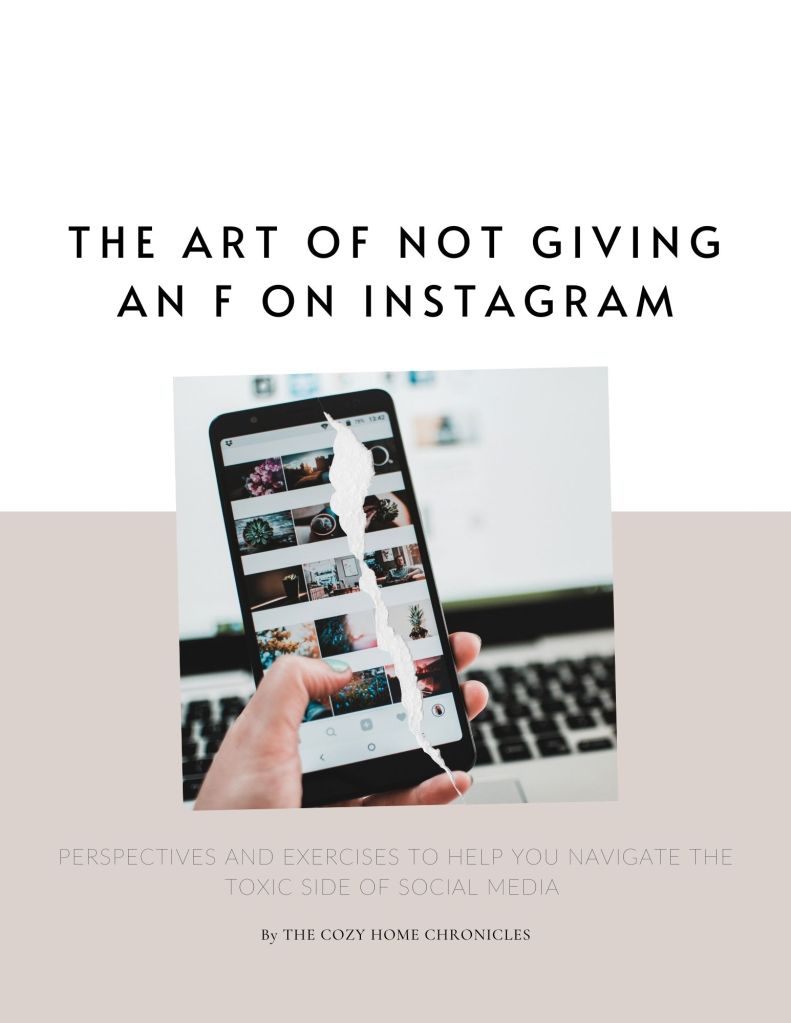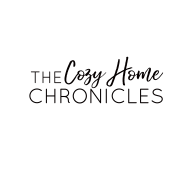It’s been almost a year since we’ve updated this blog and a lot has been going on behind the scenes. Our youngest (baby #3) was diagnosed with multiple food allergies and to say it’s been a stressful journey is an understatement. Never mind that we are in the midst of a pandemic homeschooling a kindergartner while I try desperately to finish writing my dissertation. As much as I love writing and blogging, I’ve had to recognize that it’s just not possible in this season of life. To stay connected and keep a creative outlet for my own sanity, I transitioned to mostly posting on Instagram. It’s been interesting to say the least. As an anthropologist-in-training, I found myself fascinated by the behaviors and beliefs embedded in Instagram culture. But I also found myself mortified.
Even with a strong sense of confidence and contentment, it’s easy to get sucked into feeling negatively about yourself. As I begun to share posts highlighting some of these behaviors and assumptions, many people reached out sharing how Instagram made them feel. Some described that it felt like being in high school all over again; the cliques, the pressure to fit in, the bullying, etc. I began to reflect on this microcosm of reality and how toxic it is set up to be. For example, success is measured by metrics such as follower count, likes, and comments. Bloggers with high follower counts are given preferential consideration for paid work in the form of brand deals and partnerships where they in turn market said products through perfectly curated feeds all while promoting particular (and often quite problematic) narratives of beauty, health, relationships, and success. I soon noticed new bloggers employing a number of deceptive tactics to bump up their stats all the while spewing nonsense about authenticity and community. These experiences, along with multiple conversations I’ve had, inspired this workbook as a way to sift through the toxicity and the rat race that is influencer culture. This isn’t to say Instagram is all bad. I have made many wonderful friends on Instagram (friends I have never met in person but feel like I’ve known all my life) and I have found communities in the sustainability and social justice niches that inspire me to learn more and do better. I think one can find the good on social media platforms like Instagram but I also think it’s much easier to do once you’re aware of how to avoid the poison. There’s no magic solution but I hope this workbook will be a great starting point for you if you’ve ever struggled to stay afloat amidst illusions of the perfect LIEfstyle.
If you found this post and the workbook helpful, it would make me so happy if you shared it with your friends. I’d also love to hear any feedback in the comments below.

CLICK BELOW TO DOWNLOAD THE FREE WORKBOOK


